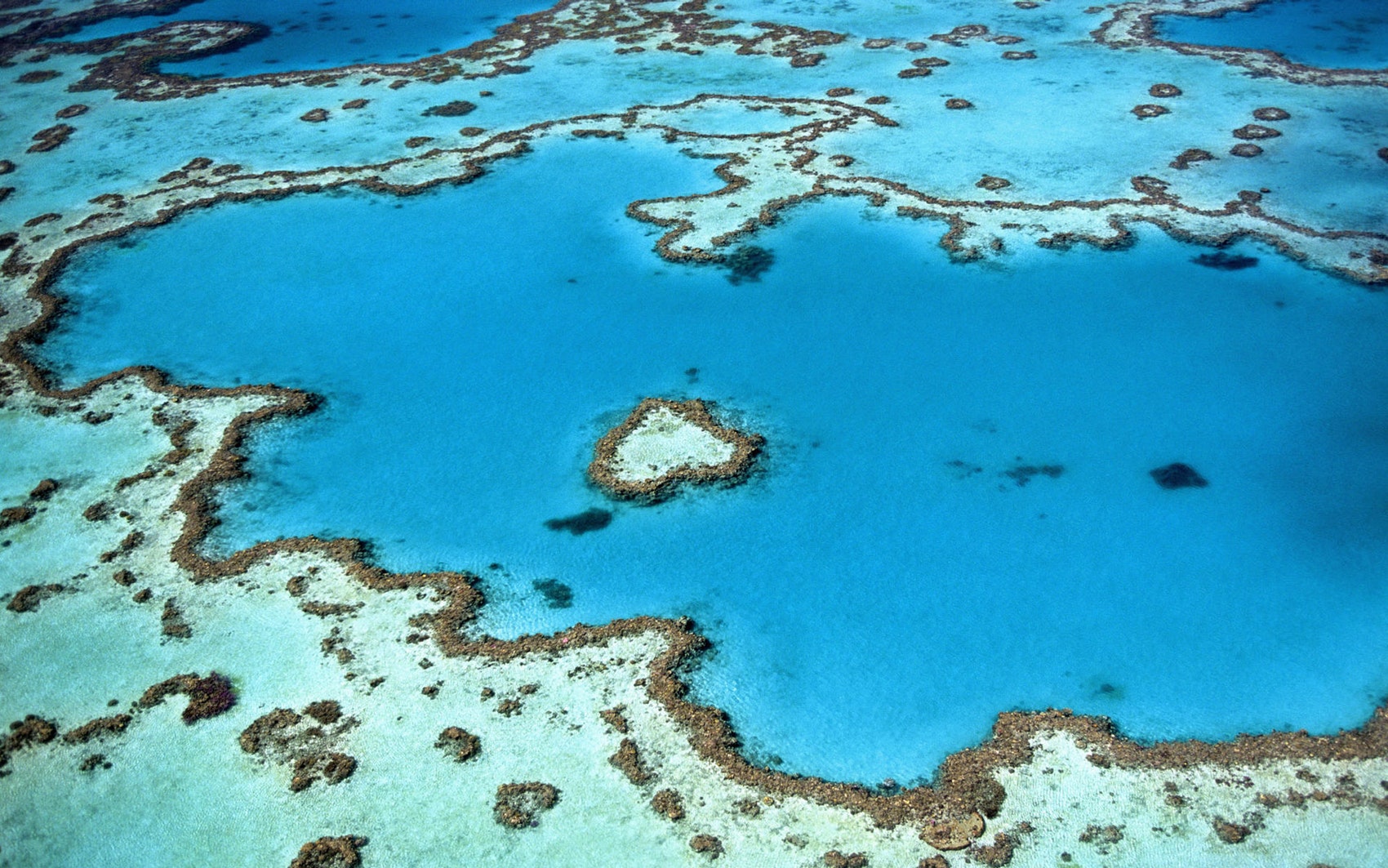ImpactAlpha, Jun. 4 – It’s impossible to imagine The Bahamas without its vast network of coral reefs. The islands’ iconic grouper, snapper, sea turtle and spiny lobster stocks sustain locals and draws tourists. Losing these magical ecosystems would be an ecological and economic tragedy.
That tragedy might happen within a few decades. As much as 80% of corals in the Caribbean have fallen victim to pollution, overfishing and coastal development. Warming and acidifying oceans due to climate change are increasingly taking their toll.
The Caribbean isn’t the only region impacted. Half the world’s tropical coral is dead; 90% of the remaining coral is projected to die in just 30 years.
Until recently, rebuilding these ecosystems was such a long, grueling process that prospects for wide-scale resurrection were slim. Now, cutting-edge technologies and new scalable models add another valuable tool in efforts to keep these ecosystems alive.
While a comprehensive movement to limit climate change is still urgently needed to sustain coral reefs in the long-term, we can now also support reefs through ecosystem scale restoration projects.
The public sector has been the primary financier of reef protection and restoration efforts to date. But without private sector investment, efforts to revive reefs will likely flounder.
Coastal economy
As a major global report on biodiversity recently warned, human activity is threatening one million species worldwide. Coral reefs are biodiversity hotspots, home to millions of plants and animals. When reefs die, the quarter of all marine species that rely on their nooks and crannies for survival die, too.
Coral reef loss is just as detrimental to people. These ecosystems provide food or income to one billion people around the world, generating more than $30 billion annually.
In The Bahamas, coral reefs provide far more than just revenue from fishing, snorkeling and scuba expeditions. They provide food and medicinal compounds. They provide a natural buffer against erosion, floods and other extreme weather events, reducing wave energy an average 97%.
Without the reefs, beachfront hotels and homes are defenseless against powerful ocean waves. Tourism economies dependent on rich marine life risk collapse. Local communities have to go without the nutrient-rich fish that dominates their diets and provides income.
There are viable solutions to stem this destruction. Clear evidence shows that conservation, establishing marine protected areas and sustainable development can protect our remaining reefs. Ending greenhouse gas emissions is critical.
Instituting marine protected areas across The Bahamas would generate nearly $68 million a year. Preserving mangroves and seagrasses would store 400 million tons of carbon, worth $5 billion in avoided emissions. These actions are crucial for saving the reefs that we have left.
To save the region’s ecosystems and economy, we must bring lost reefs back from the dead. Easily replicable adaptation measures are essential. Just as the world is embarking on the global restoration of forests, we must revive our reefs on a local, regional, and global scale.
Reef restoration
The science and technology, and even the business model, are in place to bring our coral reefs back. The Gates Coral Lab, founded by the late reef innovator Dr. Ruth Gates, is pioneering new techniques to farm coral that can withstand the hotter temperatures that threaten their survival. The Mote Marine Lab discovered a way to speed the growth of slow-growing corals by up to 50 times natural rates.
The public sector has been the primary funder of reef protection and restoration efforts. It is a huge burden to bear. Some countries, such as Seychelles and Palau, have devised innovative funding mechanisms for “blue economy” undertakings like reef restoration. But most governments haven’t put forth funding to support reef restoration at the ecosystem-level.
Donors and philanthropists are filling some of the gaps. But without private sector investment to turn the tide on restoration, efforts to revive reefs will go adrift.
Rising Tides: Debt-for-Nature Swaps Let Impact Investors Finance Climate Resilience
It only makes sense for companies, industries, and individuals relying on healthy reefs for income to invest in them. Losing these ecosystems is already taking its toll on coastal property owners, tourism operators, and the fishing industry. Leaders such as insurance giant Swiss Re recognize the potential economic hit from lost reefs, and have recently launched a pilot insurance program that incentivizes reef restoration after hurricanes.
By paying back just a fraction of their revenues from reefs, cruise lines, coastal real estate developers, tourism providers and fishing outfits can help sustain the ecosystem that supports their business through active reef restoration and conservation.
It will take billions to bring our reefs back. But a healthy “coral reef economy” will deliver high returns—now and far in the future.
Gator Halpern is the co-founder of Coral Vita.











